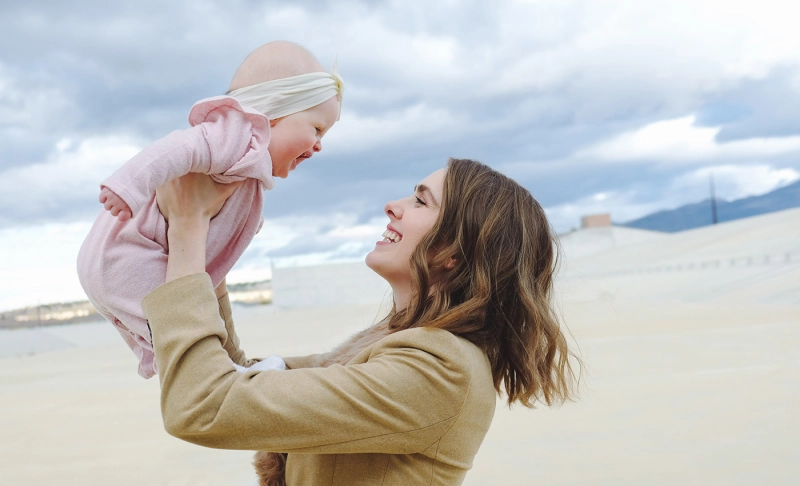By: Annie Priya
February 18 2022

Breast milk's color depends on eating habits or medicines consumed by breastfeeding women. The change in color is not due to antibodies.
Breast milk's color depends on eating habits or medicines consumed by breastfeeding women. The change in color is not due to antibodies.A viral image of two breast milk packs where one is greenish, and another white claimed that a woman's breast milk turned green after testing positive for COVID-19. However, this is incorrect. Health experts say that a woman's breast milk color can change for numerous other reasons, but antibodies do not cause milk or any other fluid to turn into a specific color. According to the Australian Breastfeeding Association, the color of breast milk varies from time to time. Colostrum, a milky fluid released by mammals before breast milk production, is typically yellowish, and mature breast milk generally is bluish-white. The change in color also depends on eating and drinking patterns. Additionally, if breast milk turns green, that is due to eating large amounts of green (or even blue) colored foods such as green vegetables, kelp, or green-colored beverages like Gatorade and seaweeds. Hali Shields, certified birth and postpartum doula and national board-certified health and wellness coach, says that a wide range of colors is considered normal for breast milk. "Blueish, yellow, cream, orange are all normal and safe for baby," she told Parents.com. Kathryn Gray, a physician in maternal-fetal medicine at Brigham and Women's Hospital, told AFP that "breast milk can be lots of different colors all the time, depending on what you eat, and depending on if you're taking any medicines. So, antibodies don't cause breast milk or any other fluid to turn a specific color." Likewise, Lori Feldman-Winter, a lactation consultant says that greenish milk does not explicitly signal COVID-19 antibodies. Furthermore, there is no evidence that COVID-19 antibodies following infection or vaccination will turn breast milk green, Yahoo News reported. Meanwhile, a study published by Nature also showed no evidence that infants got infected when breastfed by a mother with COVID-19. The World Health Organization (WHO) also clarifies that COVID-19 has not been detected in breast milk, indicating that it is safe to breastfeed, even if a mother catches COVID-19 or has been vaccinated against it. The COVID-19 pandemic has given rise to a lot of potentially dangerous misinformation. For reliable advice on COVID-19, including symptoms, prevention, and available treatment, please refer to the World Health Organization or your national healthcare authority.